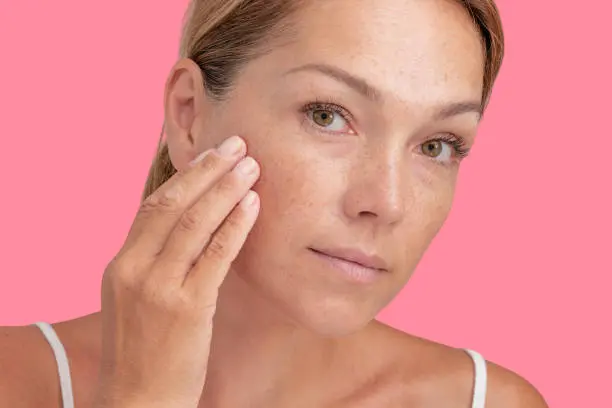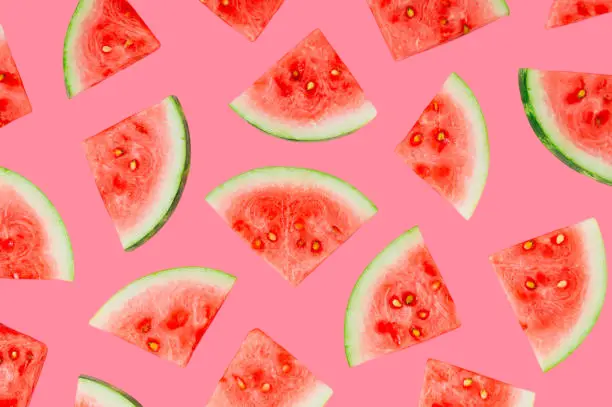Skin is constantly exposed to sunlight, which can cause damage such as dryness, pigmentation, and loss of natural radiance.
Good nutrition is one of the most important secrets to healthy, glowing skin. Food components work to build natural protection from within, and by consuming certain foods, the skin's resistance to ultraviolet (UV) radiation can be enhanced.
The Importance of Nutrition in Protecting Skin from Sunlight

A healthy diet provides the skin with elements that protect it from sun damage because:
- Antioxidants in food reduce the effects of free radicals produced by the sun.
- Eating foods rich in vitamins promotes skin cell regeneration.
- A balanced diet helps reduce pigmentation and dark spots.
Citrus Fruits and Their Role in Boosting Skin Immunity
Fruits rich in vitamin C protect the skin from sun damage and boost collagen production. Examples include:
- Oranges, lemons, and kiwis are among the best choices.
- They contribute to skin lightening and prevent the appearance of spots.
- It is preferable to eat them fresh to preserve their nutritional value.
Leafy Green Vegetables for Even Skin Tone
Green vegetables provide the skin with essential minerals and vitamins to protect it from the sun's rays. Examples include:
- Spinach, arugula, and parsley, which contain lutein and chlorophyll.
- They help repair cells after sun exposure.
- They reduce dullness and maintain the skin's natural radiance.
Foods Rich in Beta-Carotene and Lycopene for Skin Protection
These plant compounds act as a protective shield against harmful sun rays. Examples include:
- Tomatoes, carrots, and apricots are among the best sources.
- Beta-carotene improves skin elasticity and gives it a healthy glow.
- Lycopene reduces inflammation and redness caused by sun exposure.
Oily Fish to Reduce Skin Irritation
Essential fatty acids contribute to strengthening the skin barrier and protecting it from the sun's rays. They are found in:
- Salmon, tuna, and sardines, which are among the best foods rich in omega-3 fatty acids.
- They reduce inflammation and protect the skin from dryness.
- They maintain skin smoothness and reduce its sensitivity to the sun.
Nuts as a Source of Vitamin E, which Combats Pigmentation
Besides protecting against sun damage, nuts also provide the skin with powerful antioxidants that maintain its radiance. Examples include:
- Almonds, walnuts, and sunflower seeds, which are rich in Vitamin E.
- They help regenerate cells and protect against premature aging.
- Consuming a moderate amount daily enhances protection from within.
Water-Rich Foods for Internal Skin Hydration

Water-rich foods give the skin elasticity, sun protection, and a natural glow. Examples include:
- Cucumbers, watermelon, and lettuce are among the most prominent.
- They help eliminate toxins and deeply hydrate the skin.
- They maintain skin radiance and give it a bright and balanced appearance.
Frequently Asked Questions about Foods that Protect the Skin from the Sun
Can food replace sunscreen?
No, but it complements its role and enhances the skin's internal protection.
What is the best time to eat foods that protect the skin from the sun?
It is preferable to eat them daily with main meals to maintain a continuous effect.
Do cooked foods lose their benefits for the skin?
Some nutrients become less effective with heat, so it's best to consume them fresh.
Do sugars affect the skin's protection from the sun?
Yes, excessive sugar intake increases oxidation and weakens the skin's resistance.
Article Summary
The skin can be protected from sun damage and pigmentation by consuming foods rich in antioxidants and vitamins, such as citrus fruits, leafy green vegetables, fatty fish, and nuts.
Foods rich in water, such as cucumbers and watermelon, also help maintain the skin's internal hydration. A balanced diet can enhance the skin's natural protection and maintain its even tone and radiance despite daily sun exposure.